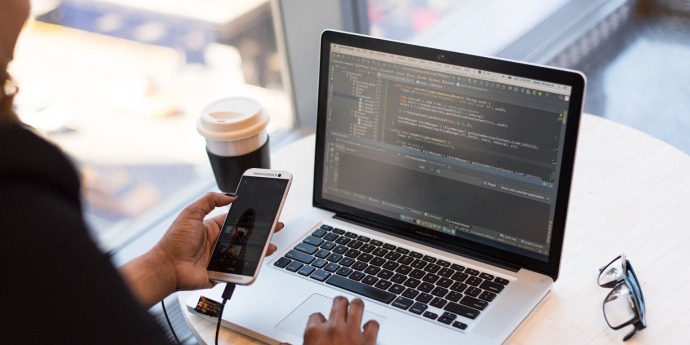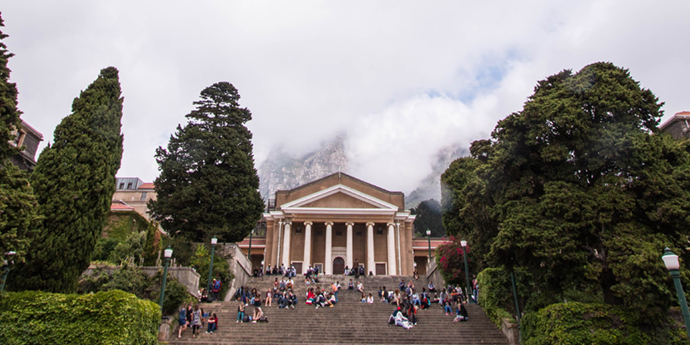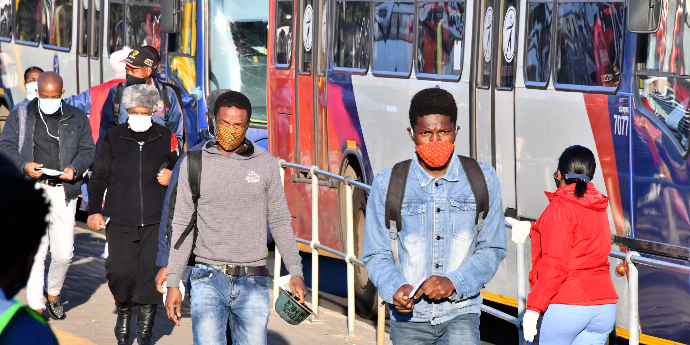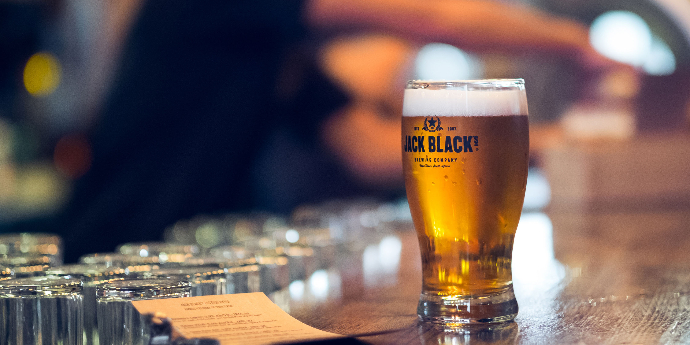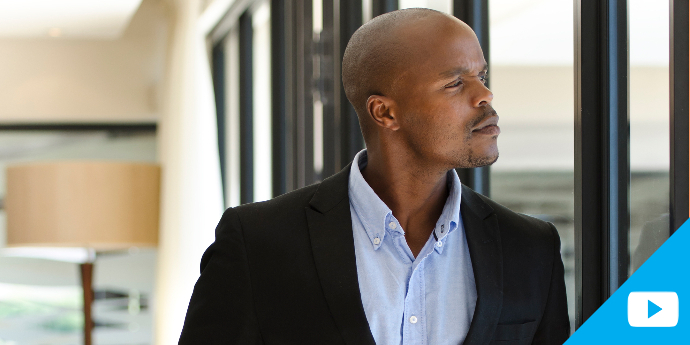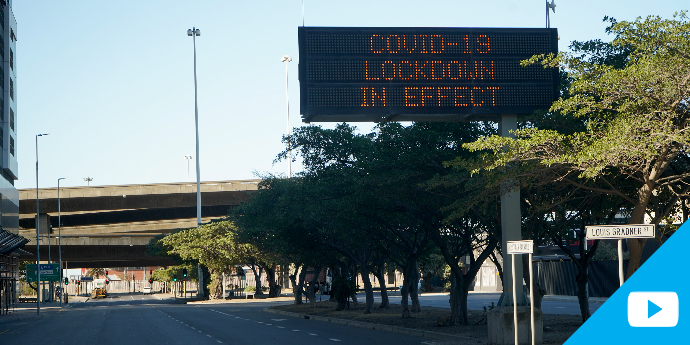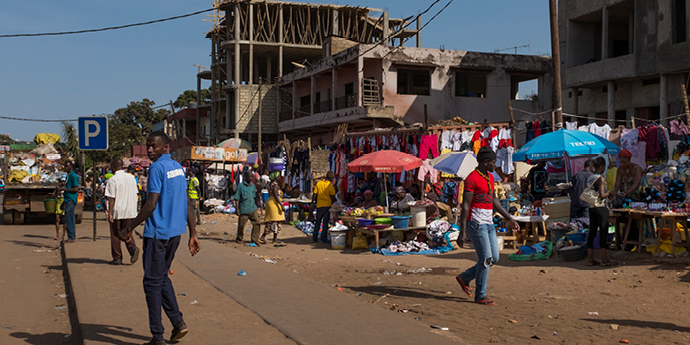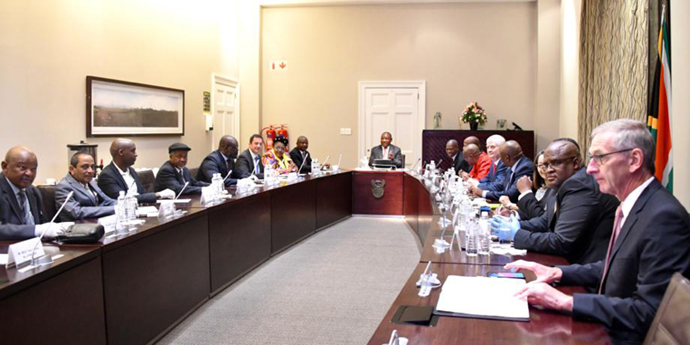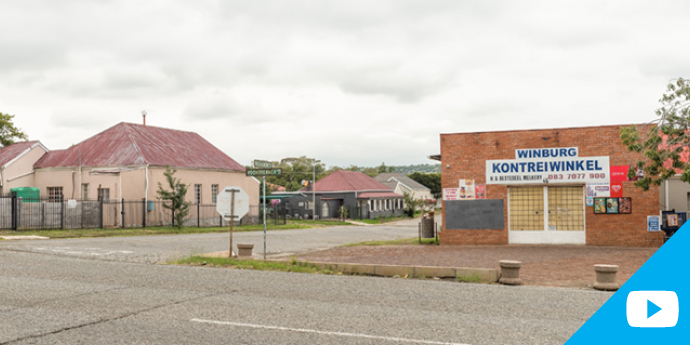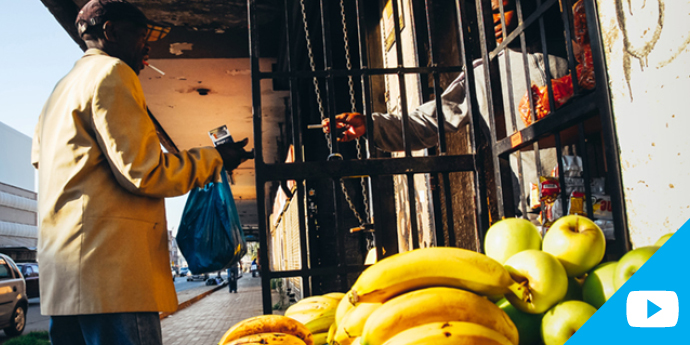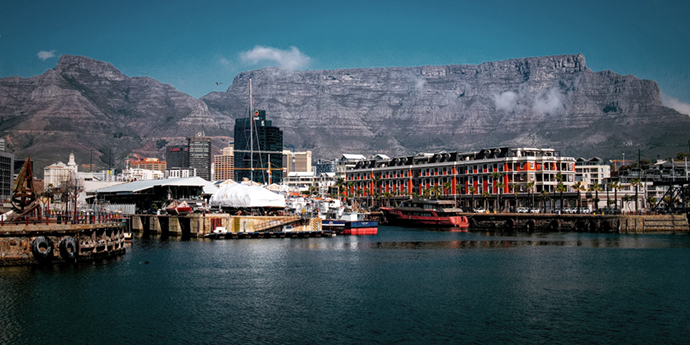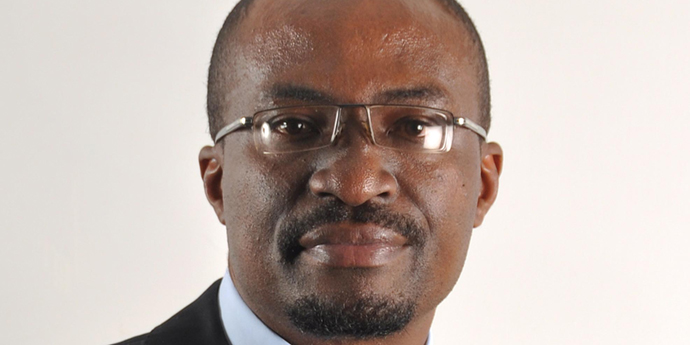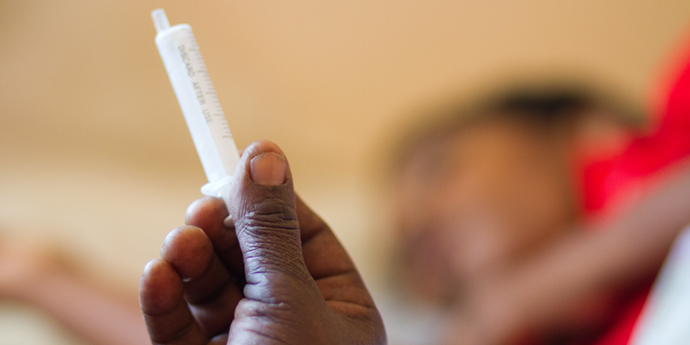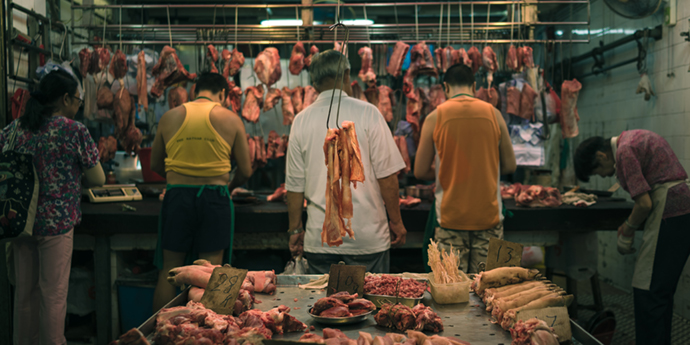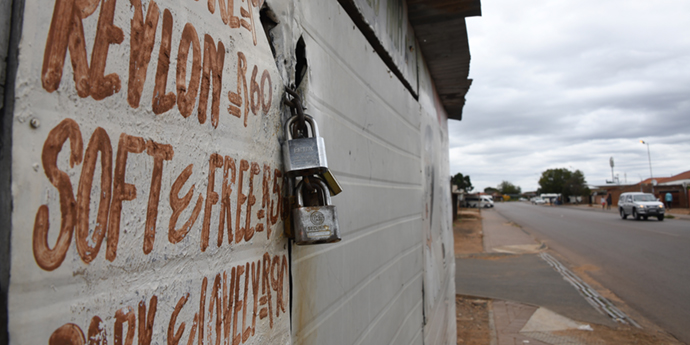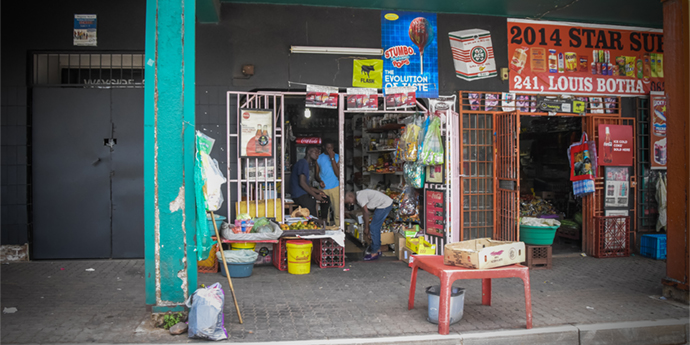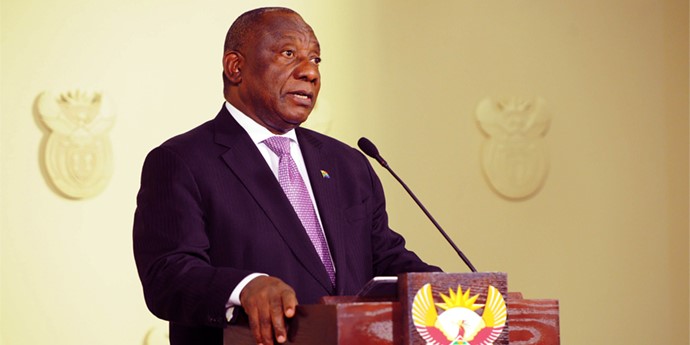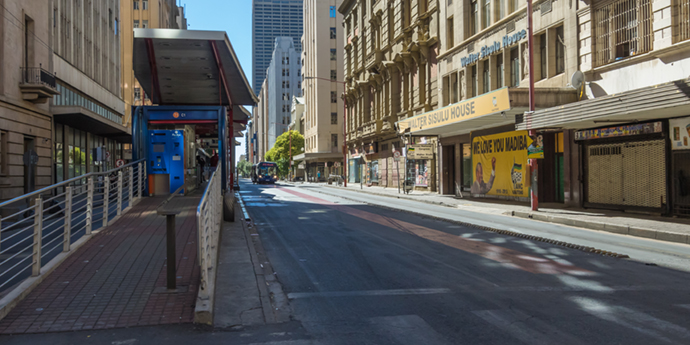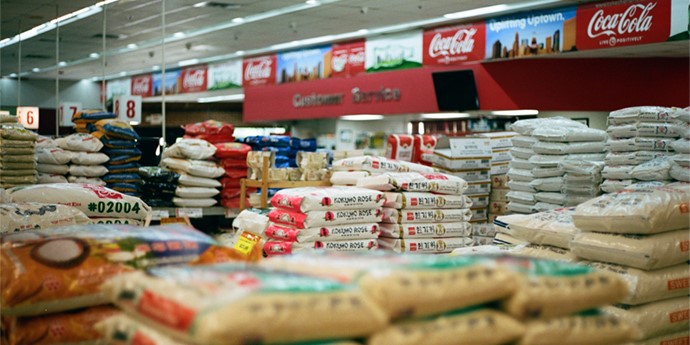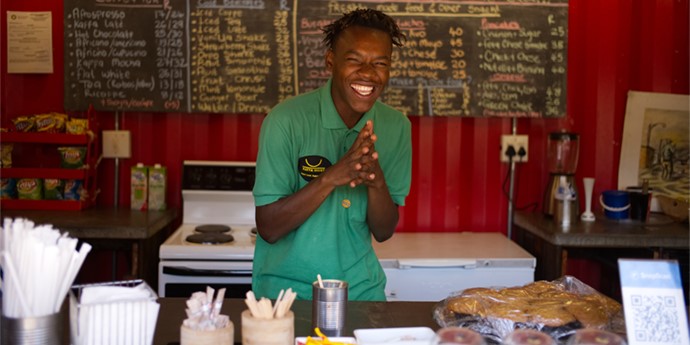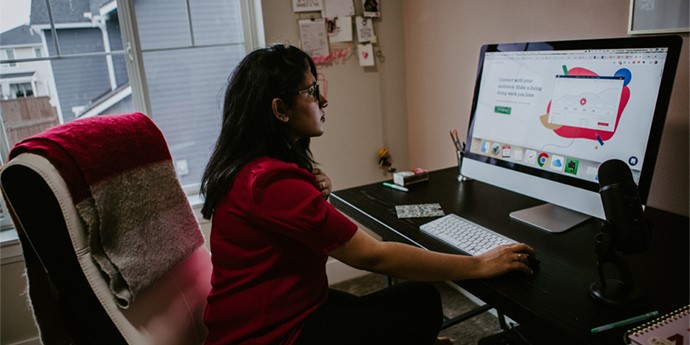On 27 April, South Africans commemorate Freedom Day, a day to observe and celebrate the country’s first ever non-racial democratic elections. But this year, the national lockdown and response to the COVID-19 pandemic, are holding up a mirror to society and forcing us to confront our faults and weaknesses.
At a feeding scheme in Lavender Hill, a small boy waits with around 200 other children in a large field. It is two hours before lunch will be served at noon, but they are scared there will be no food left for them, so they came early. In other parts of Cape Town, a mother of three children has to walk for 15 minutes three times a day to queue for water at a communal tap. Meanwhile, only 20 or 30 kilometres away, other residents of the city post pictures of themselves on social media canoeing in their swimming pool during lockdown, baking banana bread in their gleaming kitchens or converting spacious garages into home gyms.
These stories of how South Africans are experiencing the COVID-19 pandemic are highlighting the vast inequalities that exist in South Africa’s society. According to the World Inequality Database, South Africa is one of the most unequal societies in the world, with the top 1% of South African earners take home almost 20% of all income in the country and the top 10% taking home 65%.
This flies in the face of the powerful message around COVID-19 in South Africa, that “we are in this together”, which has been communicated via government and spread in the media. Yet the burden of the lockdown is not borne equally by all citizens of the country.
There is already research by McKinsey showing that low income earners and young people are the segment of the population that are affected most by this crisis. And over the past few weeks, this has been borne out by people’s lived realities; in some cases spilling over into rioting over food parcels and instances of looting and damage to property.
On 21 April, President Cyril Ramaphosa responded with a R500 billion social and economic support package. This is a bigger stimulus package (as measured by percentage of GDP) than many other African countries have committed and that is to be welcomed. But as much as handing out food parcels helps those suffering from poverty in the immediate-term, it does little to address the problem of structural poverty itself — which is set to get worse, in South Africa as well as the rest of the world, as a result of the virus’s growing global impact on jobs and economies.
Structural poverty is multi-layered and thus difficult to solve. The first layer is the most visible and immediately recognisable image of a hungry family living in a shack. But there is another, less visible yet more insidious layer represented by a lack of what I term, social assets, that is those resources that we rely on for secure living, which include economic assets such as savings in the bank, property or family wealth; networks of friends or acquaintances through which to access opportunities, and capabilities like the skills and education to help us secure better-paying jobs to uplift living conditions. The third layer is the unequal structure of our society built around the enduring effects of past injustices such as unequal education and special planning.
Hand-in-hand with this assault on the majority of South African’s dignity, the country is experiencing an assault on its democracy. Mismanagement and the heavy-handed actions by the police and national defence force in enforcing lockdown regulations are undermining the rule of law. One such instance saw the death of an Alexandra resident, Collins Khosa, who was allegedly assaulted by soldiers looking for alcohol at his house on April 10. His case has been taken to the Constitutional Court where lawyers are arguing that this “state of national disaster does not detract from the right to life, dignity and to be free from state violence”.
In this, South Africa is not alone. US Professor Evan Gerstmann believes that democracy was in decline around the world and that since 2006, nearly twice as many countries have become less democratic than have seen their democracies improve. “The COVID-19 pandemic is threatening to accelerate this troubling trend. While restrictions on freedom of assembly are probably inevitable under the circumstances, many countries have gone well beyond this in terms of restricting democratic liberties,” he wrote in Forbes in April 2020.
Indeed, while one can argue that we inherited an ailing society in 1994, it must also be said that not much has been done to address the fundamental underlying issues that perpetuate this sad state. I agree with philanthropist George Soros who recently said in relation to societies worldwide that, “The scale of this pandemic has laid bare the fault lines and injustices of our world. We missed the opportunity to create a more just economy after the financial crisis of 2008 and provide a social safety net for the workers who are the heart of our societies. Today, we must change direction and ask ourselves: What kind of world will emerge from this catastrophe and what can we do to make it a better one?” South Africans need to answer this question.
There is reason to be hopeful.
Around the world the phrase “build it back better” is starting to catch on as calls for a more humanitarian, compassionate and sustainable society grow. Twenty six years on from that heady day on which we celebrated the official end of Apartheid, we are faced with a new imperative: we need to build a new society for all 57 million South Africans who live here; a world with equal opportunity for all of us. It is time to harness the hope and goodwill created by the many people trying to help others in this time of need, to come up with more sustainable strategies for the future — strategies which address all three layers of structural poverty so that we ease the burden of immediate suffering, but also invest to improve basic education, accelerate productive skills development and promote innovative savings and asset ownership programmes. So much more needs to be done — and can be done — to ensure South Africans are truly free.
Athol Williams is a Senior Lecturer at the University of Cape Town Graduate School of Business focusing on issues of ethics, governance, corporate strategy and responsible leadership.




